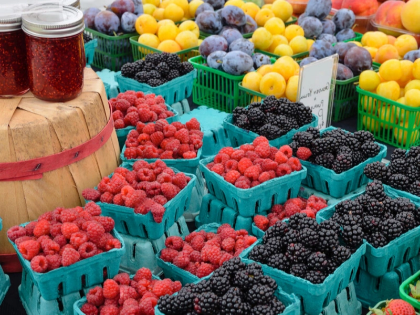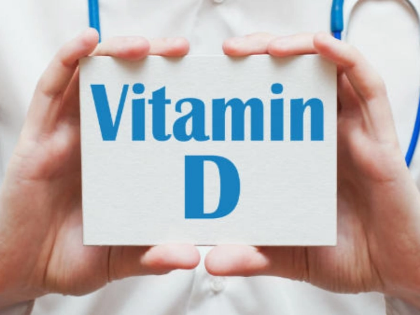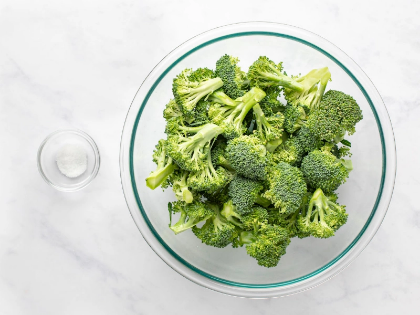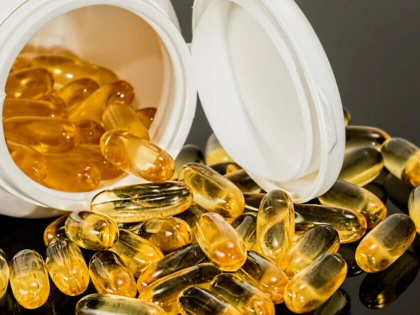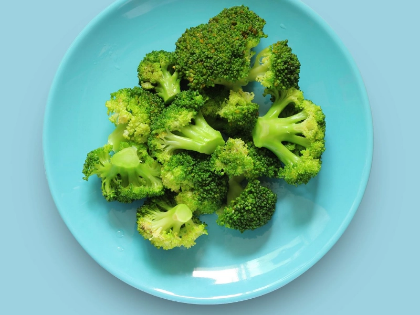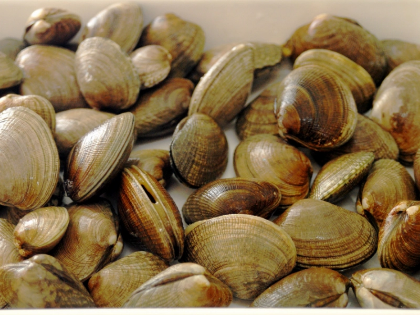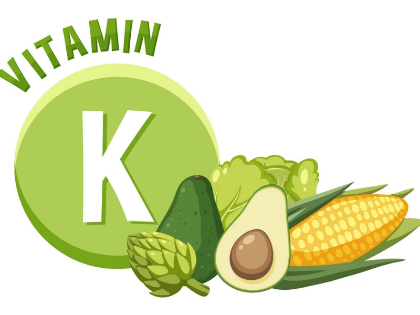The Role of Vitamin K in Maintaining Elastic Skin
Advertisement
1. Comprehending Vitamin K
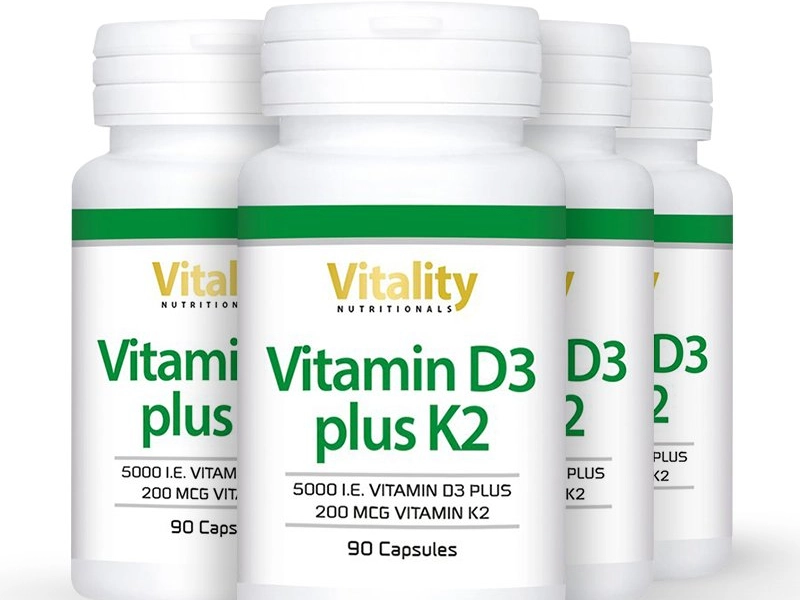
Advertisement
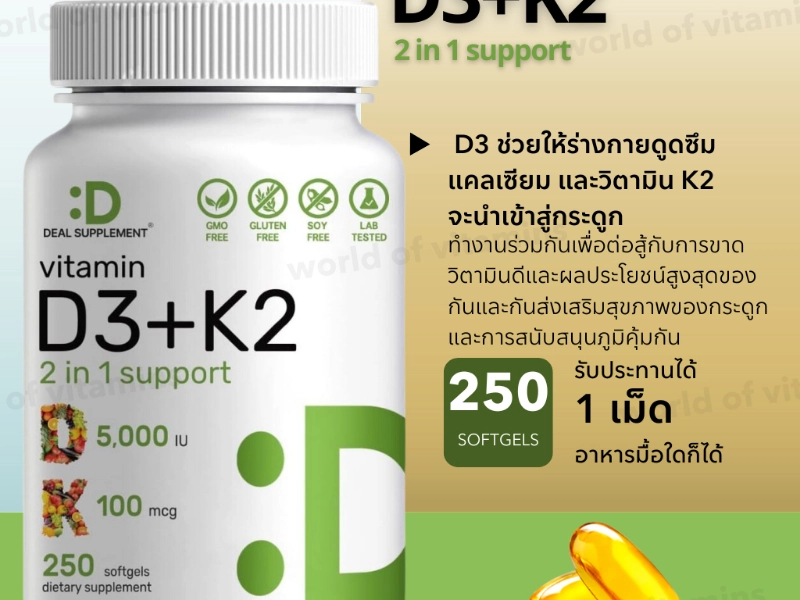 Two proteins called collagen and elastin give the skin structure and flexibility; hence, they mostly define skin elasticity. These proteins are synthesized using vitamin K in great part. It aids in the control of matrix Gla-protein (MGP), which is necessary for preserving extracellular matrix—the network supporting skin structure. Vitamin K helps to maintain the skin firm and resilient by encouraging the manufacture of collagen and elastin, therefore lowering the appearance of fine lines and wrinkles.
3. Antioxidant Function
Two proteins called collagen and elastin give the skin structure and flexibility; hence, they mostly define skin elasticity. These proteins are synthesized using vitamin K in great part. It aids in the control of matrix Gla-protein (MGP), which is necessary for preserving extracellular matrix—the network supporting skin structure. Vitamin K helps to maintain the skin firm and resilient by encouraging the manufacture of collagen and elastin, therefore lowering the appearance of fine lines and wrinkles.
3. Antioxidant Function
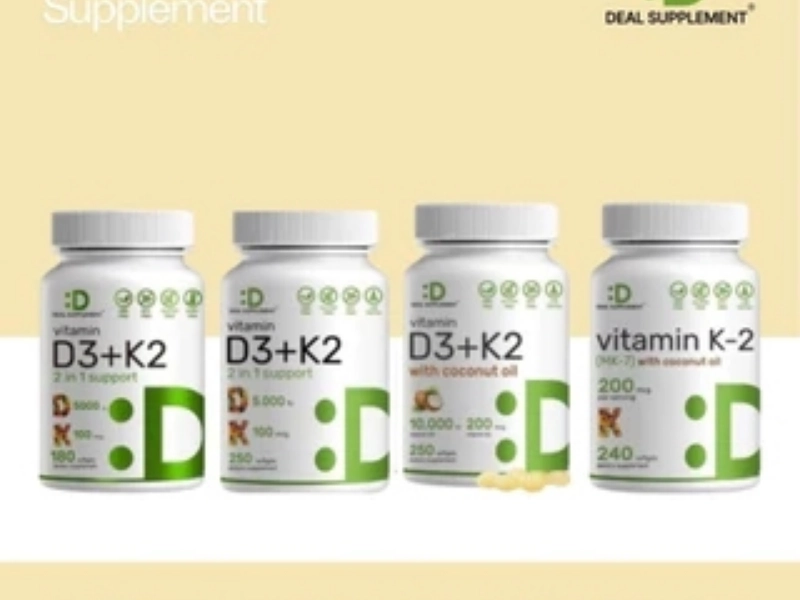 Apart from its function in the synthesis of collagen and elastin, vitamin K also has antioxidant action. Protecting the skin from oxidative stress brought on by free radicals—which can destroy skin cells and hasten aging—is mostly dependent on antioxidants. Vitamin K neutralizes these free radicals, therefore stopping early skin aging. Including foods high in vitamin K will help your skin stay supple and fight oxidative damage.
4. Inflammation and vitamin K
Apart from its function in the synthesis of collagen and elastin, vitamin K also has antioxidant action. Protecting the skin from oxidative stress brought on by free radicals—which can destroy skin cells and hasten aging—is mostly dependent on antioxidants. Vitamin K neutralizes these free radicals, therefore stopping early skin aging. Including foods high in vitamin K will help your skin stay supple and fight oxidative damage.
4. Inflammation and vitamin K
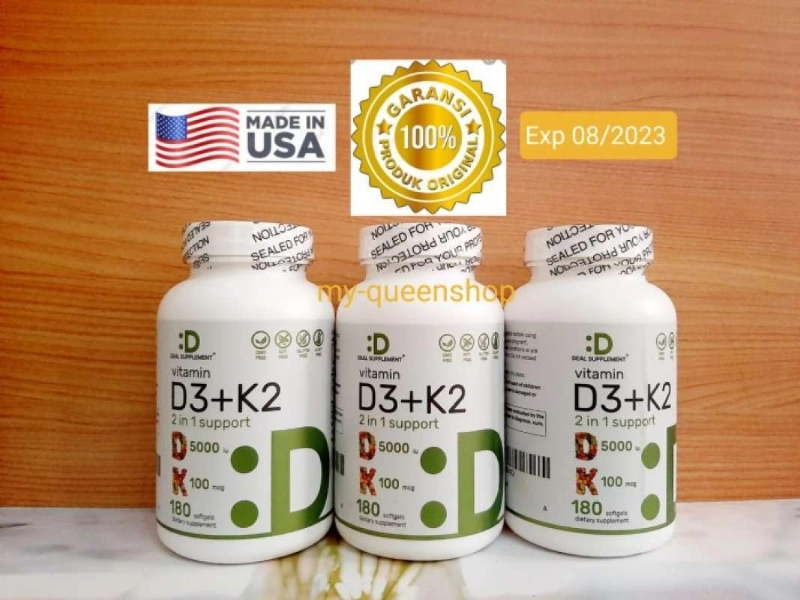 Another element that could lower skin elasticity is chronic inflammation. Antioxidant qualities of vitamin K can aid in lowering inflammation and soothing the skin. For those with skin disorders such as rosacea or eczema, where inflammation could cause loss of suppleness and skin integrity, this is very helpful. Vitamin K is a necessary vitamin for preserving suppleness since it helps to reduce inflammation, so promoting better, more robust skin.
5. Vitamin K Source Foods
Another element that could lower skin elasticity is chronic inflammation. Antioxidant qualities of vitamin K can aid in lowering inflammation and soothing the skin. For those with skin disorders such as rosacea or eczema, where inflammation could cause loss of suppleness and skin integrity, this is very helpful. Vitamin K is a necessary vitamin for preserving suppleness since it helps to reduce inflammation, so promoting better, more robust skin.
5. Vitamin K Source Foods
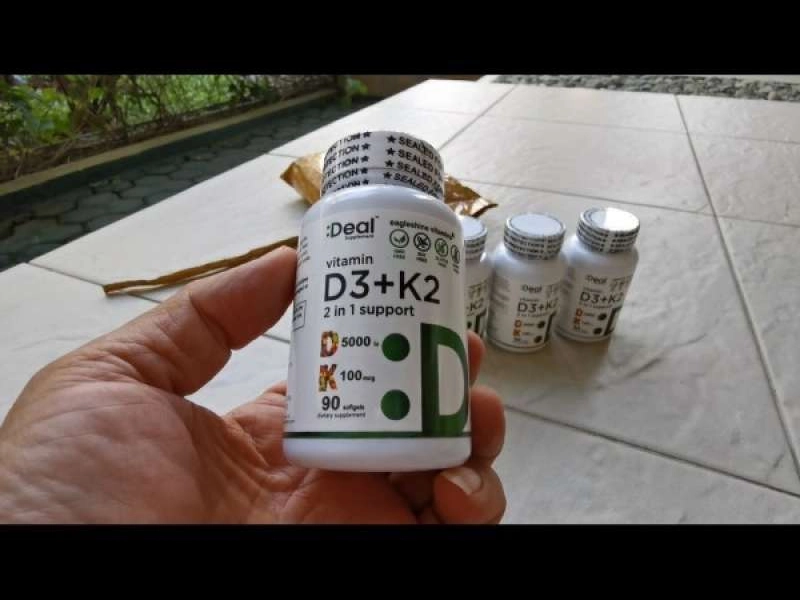 Including meals high in vitamin K can help you to enjoy the advantages for skin condition. Excellent sources of vitamin K1 are leafy green vegetables, including kale, spinach, and Swiss chard. Furthermore, helpful for skin health is vitamin K2 found in fermented foods like natto and sauerkraut. Other sources include Brussels sprouts, broccoli, and some oils—like soybean oil. Including a range of these items in your meals will enable you to guarantee enough vitamin K levels to promote skin suppleness.
6. Value of a Well-Balanced Diet
Including meals high in vitamin K can help you to enjoy the advantages for skin condition. Excellent sources of vitamin K1 are leafy green vegetables, including kale, spinach, and Swiss chard. Furthermore, helpful for skin health is vitamin K2 found in fermented foods like natto and sauerkraut. Other sources include Brussels sprouts, broccoli, and some oils—like soybean oil. Including a range of these items in your meals will enable you to guarantee enough vitamin K levels to promote skin suppleness.
6. Value of a Well-Balanced Diet
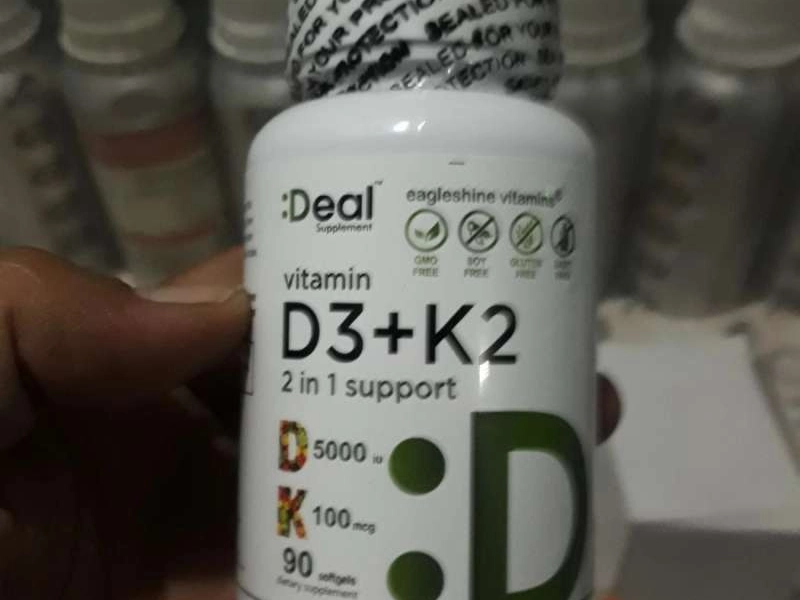 Although vitamin K is vital for preserving skin suppleness, keep in mind that a balanced diet is what determines general skin condition. Along with good fats, a range of nutrients—including vitamins A, C, and E—can help to maximize the benefits of vitamin K. Together, these vitamins support collagen synthesis, shield against oxidative stress, and preserve hydration. A well-balanced diet with foods high in vitamin K as well as other vital elements will greatly enhance skin elasticity and general attractiveness.
7. Topical Vitamin K Use
Although vitamin K is vital for preserving skin suppleness, keep in mind that a balanced diet is what determines general skin condition. Along with good fats, a range of nutrients—including vitamins A, C, and E—can help to maximize the benefits of vitamin K. Together, these vitamins support collagen synthesis, shield against oxidative stress, and preserve hydration. A well-balanced diet with foods high in vitamin K as well as other vital elements will greatly enhance skin elasticity and general attractiveness.
7. Topical Vitamin K Use
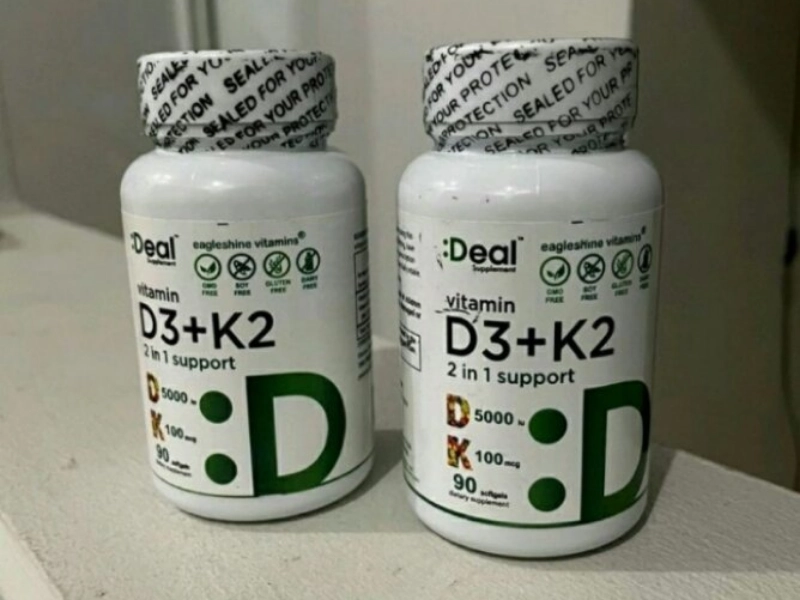 Apart from foods, vitamin K is also included in topical preparations such as lotions and serums. Direct use of these products on the skin helps to increase suppleness and hastens recovery. Treatments for dark circles under the eyes, bruising, and other skin flaws sometimes include topical vitamin K. Many users claim better skin texture and elasticity, even while additional study is required to completely grasp its effectiveness. Combining nutritional intake with topical treatments might offer a complete strategy to improve skin condition.
8. Review of Vitamin K's Function in Skin Elasticity
Apart from foods, vitamin K is also included in topical preparations such as lotions and serums. Direct use of these products on the skin helps to increase suppleness and hastens recovery. Treatments for dark circles under the eyes, bruising, and other skin flaws sometimes include topical vitamin K. Many users claim better skin texture and elasticity, even while additional study is required to completely grasp its effectiveness. Combining nutritional intake with topical treatments might offer a complete strategy to improve skin condition.
8. Review of Vitamin K's Function in Skin Elasticity
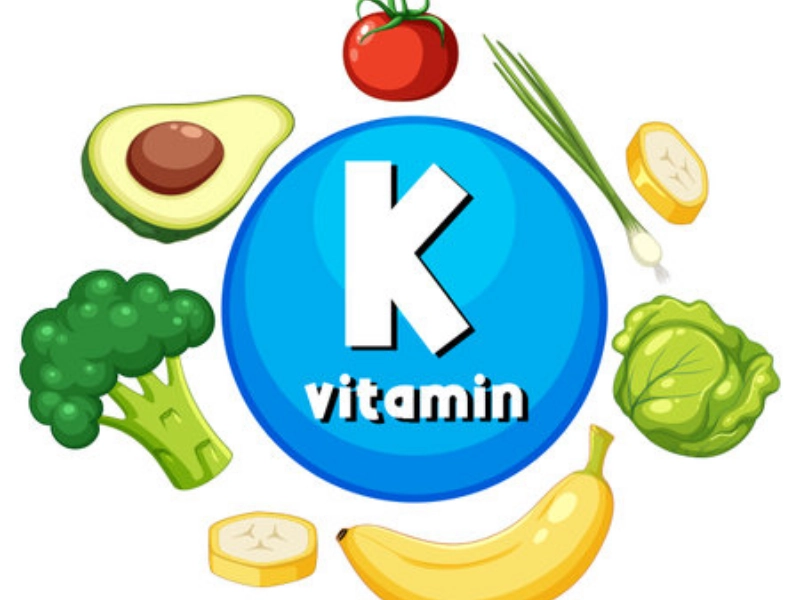 All things considered, vitamin K is essential for preserving elastic skin since it affects collagen and elastin synthesis, antioxidant qualities, and anti-inflammatory action. Including foods high in vitamin K into your diet and thinking about topical treatments will help your skin remain supple and generally healthy. For best skin function, a balanced diet with a range of nutrients is absolutely vital. Accepting the advantages of vitamin K will result in better, more robust skin, therefore countering aging symptoms and encouraging a younger look.
All things considered, vitamin K is essential for preserving elastic skin since it affects collagen and elastin synthesis, antioxidant qualities, and anti-inflammatory action. Including foods high in vitamin K into your diet and thinking about topical treatments will help your skin remain supple and generally healthy. For best skin function, a balanced diet with a range of nutrients is absolutely vital. Accepting the advantages of vitamin K will result in better, more robust skin, therefore countering aging symptoms and encouraging a younger look.
Advertisement
Advertisement
